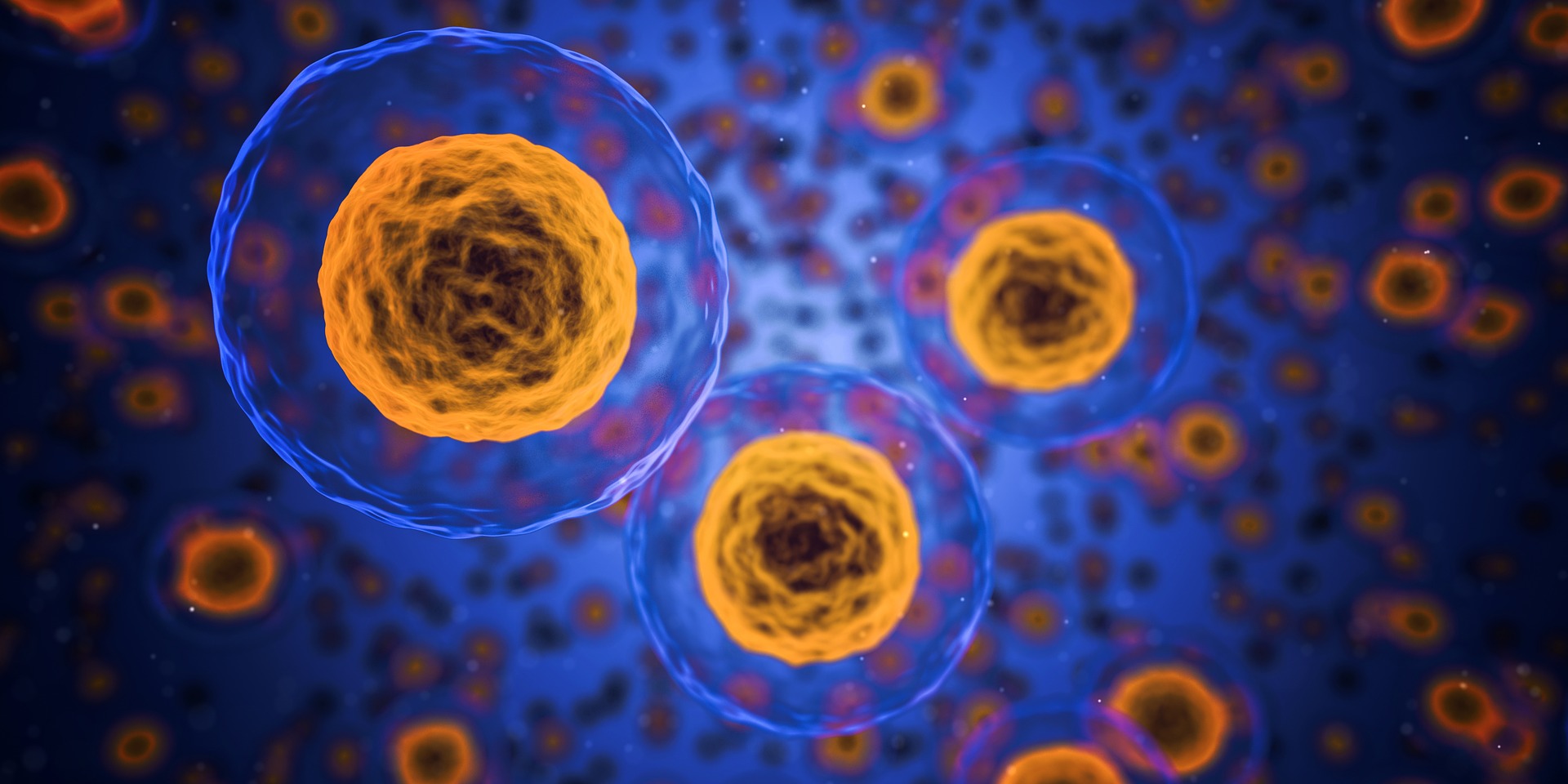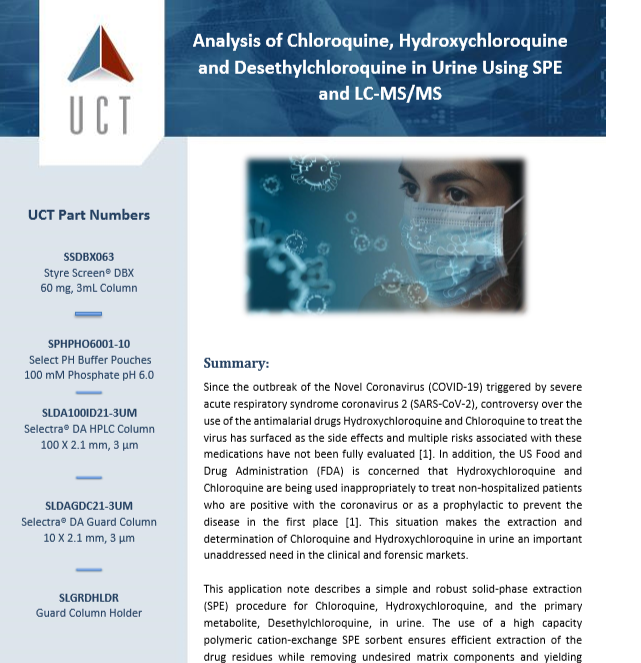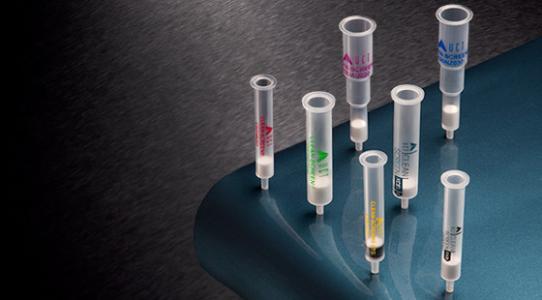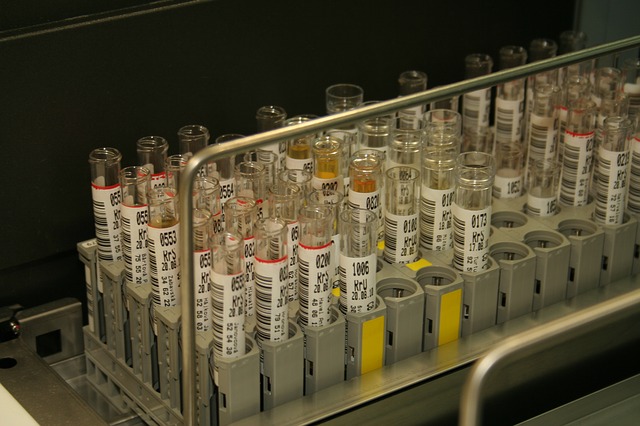UCT Specialty Chemical cited in Mechanobiology Study
In a recent article published in Lab on a Chip, authors Donghee Lee et al., (DOI: 10.1039/C8LC00320C), used UCT’s specialty chemical (Tridecafluoro-1, 1, 2, 2-Tetrahydrooctyl)-1- Trichlorosilane (T2492-KG) in a mold-making process. This involved the production of a microfluidic cell compression device that improved a microfluidic device proposed previously by equipping it with an array of cell compression units. The device contained a 5×5 array of alginate-chondrocyte constructs. This microfluidic cell was employed to investigate human cartilage cells. T2492-KG played an integral part of this procedure.
The characterization and testing of the device showed that the developed platform could compress chondrocytes with various magnitudes simultaneously with negligible effect on cell viability. The chondrocyte is a cell type which produces a unique hydrated matrix to resist compressive stress in cartilage. The device is compatible with live cell imaging to probe early effects of compressive stress, and it can be rapidly dismantled to facilitate molecular studies of compressive stress on transcriptional networks. The proposed device will enhance the productivity of chondrocyte mechanobiology studies, and it can be applied to study mechanobiology of other cell types
This study in the field of microfluidics shows why when biomechanical scientists require the finest of specialty chemicals, UCT is their first point of call. For more information regarding UCT’s specialty chemicals including silanes, applications, and methods, please visit https://specialties.unitedchem.com/







